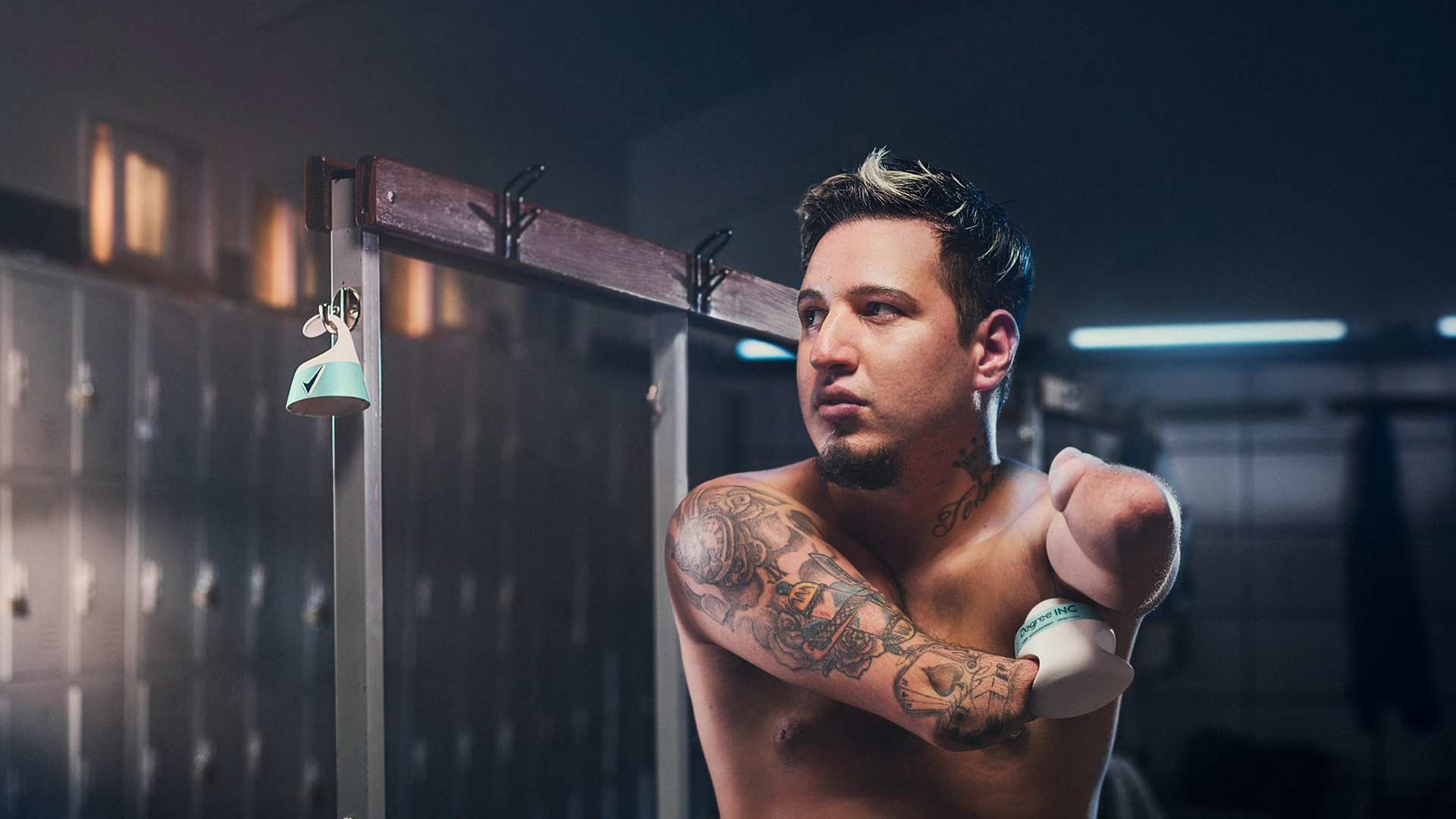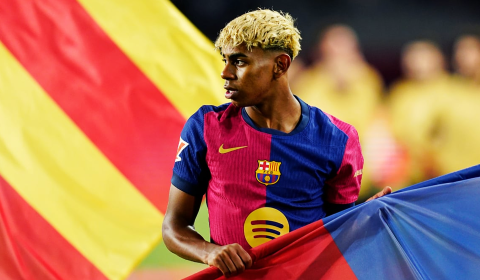Degree Inclusive had been branded as giving those with disabilities the ‘confidence to move’. As highlighted by Mallon, beauty and hygiene products are a ‘basic utility’, but are often completely inaccessible to those with limited mobility.
Items that able-bodied people take for granted have a ‘huge impact on your ability to move and therefore your quality of life in general’.
The product has a hooked lid and can be hung up for one-handed application. Other features include a magnetic closure cap to allow it to be put on and taken off more easily, and a larger roll-on applicator to cover more surface area in one swipe.

Mallon believes that the easy-grip at the bottom is its most revolutionary feature as not only does it facilitate flexibility in how it’s used, but ‘feels part of the form’.
‘So many accessibility features and tools out there look medical,’ she points out. ‘It was very important to us to create something people don’t have to use, but want to use’.
Making products such as these are huge steps for making the world more accessible to those with disabilities, and input from those who would actually use them is a huge deal. It means that the marketing, design, and the product itself are made for and by the disabled community.
There are still huge gaps in representation in the market, however. Only 4% of brands consider disability within their initiatives for diversity, instead focusing more on race and minority representation. Those with restricted movement and everyday function are seldom the priority.
In an interview discussing the challenges of getting brands to be inclusive, Mallon discusses the problem of ‘inspirational porn’ – advertising designed for viewers who are not disabled to make them feel ‘warm and fuzzy’.
The problem is that it does not accurately represent people with disabilities, Mallon explains, and these narratives make it worse for everyone.
‘That is the biggest gap I see: when people try for disability representation and they do it poorly’.
Degree Inclusive is currently in beta testing, and being tried by 200 disabled participants for future improvements.
This article was originally written by Georgie Morley. ‘I’m Georgie and I’m currently studying History at the University of Oxford. I am passionate about social change, particularly intersectional feminism and climate justice, and I enjoy engaging in these issues through volunteering, campaigning and writing.’ Visit her LinkedIn and view her Twitter.





















